Life is often perceived as a sequence of duties and routines, but the concept of Lila invites us to see it as a divine play, a joyous and creative expression of the universe itself. Rooted in Hindu mythology, Lila, or "divine play," is the principle that life, in all its complexities, is an unfolding game orchestrated by the cosmos or a higher self. This perspective encourages us to engage with life more playfully and meaningfully, recognizing ourselves as both participants and scriptwriters in the grand narrative of existence. Through embracing Lila, we can transform everyday experiences into moments of enlightenment, finding deeper understanding and joy in the playful dance of life.
What is Lila?
Lila (लीला), translated from Sanskrit as "Game" or "divine play," embodies the philosophical essence of viewing life as a joyful, creative expression orchestrated by the Universe or Brahman. Rooted in ancient Indian philosophy, Lila manifests differently across dualistic and non-dualistic schools:
- In non-dualism, it represents the entire cosmos as a spontaneous act of the divine absolute.
- In dualism, particularly in Vaishnavism, Lila refers to the divine interactions between God and his devotees and the universe's dynamic activities.
This ancient concept, popularized in the Western world through the game of Lila by Harish Johari, serves as a profound tool for self-discovery and understanding the universal laws.
The Game of Lila, mirroring life's journey, involves navigating through various states of existence and consciousness, symbolized by 72 boxes, representing the initial states identified by ancient yogis.
With Lila, individuals embark on a quest for self-knowledge and cosmic consciousness, navigating through life's challenges and lessons in a reflective, playful manner.
Historical and Cultural Context of Lila
Origins in Ancient Texts
The roots of Lila go back to the ancient Hindu scriptures written thousands of years ago. The concept is mentioned in the earliest Vedic texts, which are among the oldest texts of Hinduism, dating from about 1500 B.C. However, the detailed philosophical analysis of Lila, especially the relationship between divine pastimes and cosmic creation, is explicitly discussed in later texts such as the Puranas and the Upanishads.
Development and Expansion of Philosophy
Over the centuries, the concept of Lila has developed and become deep and complex in Hindu schools of philosophy. Around the 7th to the 8th century, classical Hindu philosophy, especially in the school of Advaita Vedanta led by the philosopher Adi Shankaracharya, began to examine Lila more subtly. During this period, the understanding of Lila was greatly developed not only as divine pleasure but as a metaphysical interpretation of the creation and functioning of the universe.
Cultural and Spiritual Practices
Lila plays an important role in Hindu culture and spiritual practices and has influenced art, dance, music, and storytelling. Scenes from the life of Krishna, especially in the form of the Ras Lila dance drama, depict ideas of divine play and interaction with the human world. The Bhakti movement, which became popular in the 15th century, and these plays depict the life and teachings of Krishna, emphasizing the divine joy of loving creation.
Spread and Influence
The idea of Lila and its philosophical implications spread beyond India through various channels, including the Indian diaspora, spiritual teachers, and transcultural exchanges. In the 20th century, figures like Harish Johari played a vital role in introducing the game of Lila to the Western world, blending traditional esoteric knowledge with a format accessible to people unfamiliar with Hindu philosophy.

Changing Life Perception with Lila
Lila offers a transformative lens through which to view life, suggesting that existence itself is a form of playful creation by the divine. This concept helps shift our perspective from seeing life as a series of random events to viewing it as a purposeful, cosmic play orchestrated by a higher power.
-
Perspective Shift. Lila encourages us to see life's challenges and joys as part of a larger, divine game, reducing the weight of suffering and enhancing the joy of living.
-
Freedom and Creativity. Embracing Lila fosters a sense of freedom, allowing us to co-create our reality with the universe, leading to a more fulfilling and creative life.
-
Inner Peace. Understanding life as Lila helps cultivate inner peace, as we learn to accept the flow of life with grace and equanimity, recognizing both pleasure and pain as necessary aspects of the divine play.
-
Enhanced Mindfulness. Lila teaches mindfulness and presence, encouraging us to engage fully with each moment as a unique expression of the divine, enhancing our appreciation of life's richness.
-
Spiritual Growth. By perceiving life as Lila, individuals often experience accelerated spiritual growth, recognizing their role in the universe's grand scheme and deepening their connection to the divine.
In essence, Lila transforms our perception of life from a serious struggle to a playful journey, enriching our experience and expanding our understanding of the universe and our place within it.
How Can We Practice Lila in Our Daily Lives?
Practicing Lila in daily life means embracing each moment with mindfulness and joy, viewing life's twists and turns as opportunities for growth and learning. It's about staying open and flexible, finding creativity in the mundane, and connecting spiritually to the broader cosmic play. By seeing life as a playful journey, we can foster a deeper sense of connection and purpose, making everyday experiences more meaningful and enjoyable.
When Lila Can Be Helpful
Lila can be particularly beneficial when one is open to exploring the spiritual aspects of life, stepping away from pure rationality.
Konosuke Matsushita, the founder of Panasonic, emphasized the value of learning from every experience, stating, «If your mind is open, you can learn from the sound of the wind». This reflects the idea that introspective questioning can be a powerful tool for personal growth.
In the realm of holistic human development, true progress is achieved by advancing across multiple dimensions — not only cognitive and thought processes but also spiritual, physical, and social aspects. Despite its non-scientific nature, Lila can facilitate spiritual development, providing a pathway to discover the spiritual self and life’s esoteric elements.
The inquiries made during Lila often revolve around personal strategy, happiness, success, and life's meaning, challenging players to reevaluate these concepts repeatedly. This deep contemplation can lead to a more profound understanding of oneself and the critical elements of one’s existence.
It’s crucial to remember that the impact of any transformational experience, whether it’s psychotherapy, coaching, an MBA program, or playing Lila, significantly depends on the facilitator. The method itself is secondary to the individual applying it. Consequently, Lila becomes an effective tool in the hands of a knowledgeable guide. Essentially, playing Lila is akin to engaging in a dialogue with a coach or mentor, capable of illuminating different perspectives on one’s personal challenges. Therefore, finding an experienced and wise guide is vital, whether for playing Lila or any other self-discovery method.

How the Lila Board Game Works
Unlike typical board games, Lila combines elements of chance and spiritual guidance, offering players insights into their life's journey and personal growth.
Gameplay and Spiritual Guidance
-
Rolling the Dice. The game starts with a player rolling the dice, aiming to navigate the board based on the number rolled. This act is seen as guided by higher forces, providing clues and answers to the player's life questions.
-
Asking Questions. Players begin by posing a question they seek answers to, using the game as a reflective tool to gain insights.
-
Interpretation of Squares. Each square on the board carries a specific meaning, often requiring interpretation by guides, who assist in deciphering the symbolic messages.
-
Rules and Progression. The game has unique rules, like re-rolling on certain numbers or navigating through shortcuts and setbacks, represented by arrows and snakes, which mirror life's ups and downs.
Challenges and Insights
-
Initiating the Game. Entry into the game's journey requires rolling a six, symbolizing the readiness to engage with the spiritual quest. Difficulty in starting the game is believed to reflect unclear intentions or the need for a refined question.
-
Navigational Dynamics. Players can advance quickly or be set back, with the ultimate aim of reaching square 68, signifying completion of a cycle of understanding and learning.
-
Transformation and Learning. Lila emphasizes self-exploration and understanding, encouraging players to internalize lessons and apply them to real-life scenarios.
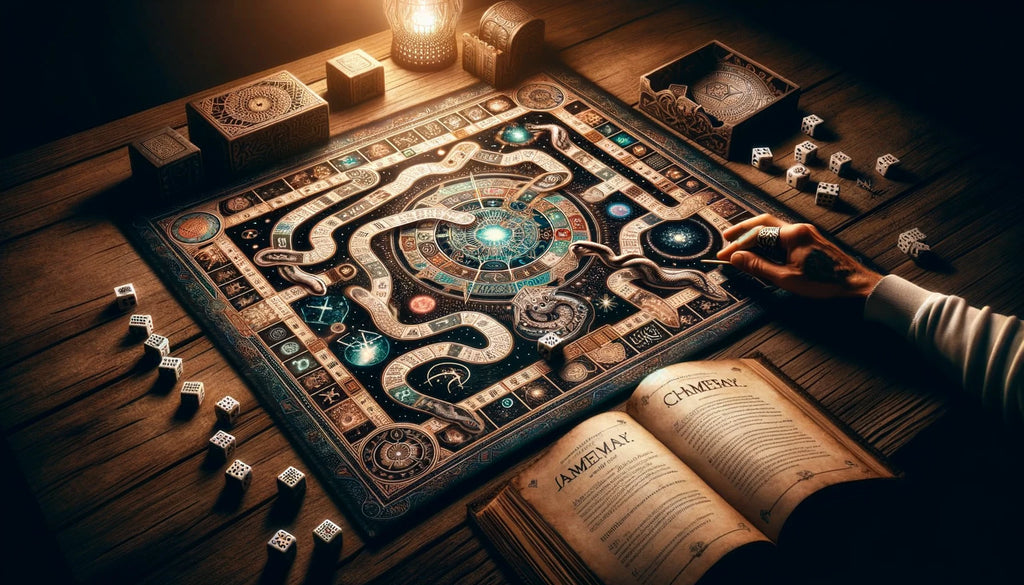
FAQ: Embracing Lila in Life
🎲 What is Lila? Lila, or "divine play," is a concept from Hindu mythology that views life as a playful, creative expression of the divine, encouraging us to participate in its cosmic narrative actively.
💫 How does the game of Lila work? Lila is a spiritual board game where each square represents life stages and consciousness levels, guiding players through a journey of self-discovery and cosmic exploration.
🎲 What does practicing Lila in daily life involve? Practicing Lila means approaching life with mindfulness and joy, seeing experiences as parts of a divine play, and finding growth and purpose in everyday moments.
💫 When can Lila be helpful? Lila is beneficial for those seeking deeper spiritual insights, self-reflection, and a playful approach to understanding life's challenges and opportunities.
🎲 How can I start incorporating Lila into my life? Begin by adopting a playful and open attitude towards life, engaging fully in each moment, and seeking the deeper, more joyful meaning in your experiences.
💫 Can anyone play the game of Lila? Yes, anyone interested in self-exploration and understanding life's deeper meanings can play Lila, preferably with guidance from an experienced mentor.
Embracing the Play of Life 🎲
Lila offers a refreshing lens to view our existence, not as a random series of events but as a playful dance of the divine. By engaging with the principles of Lila, we learn to see life as a game where each experience, challenge, and joy is an integral part of a divine narrative. As we adopt this mindset, we transform mundane realities into opportunities for spiritual growth and joyous participation in the cosmos's rhythm. Let us all step into the game of life with a sense of playfulness and a spirit of discovery, for it is in this divine play that we find the true essence of being.












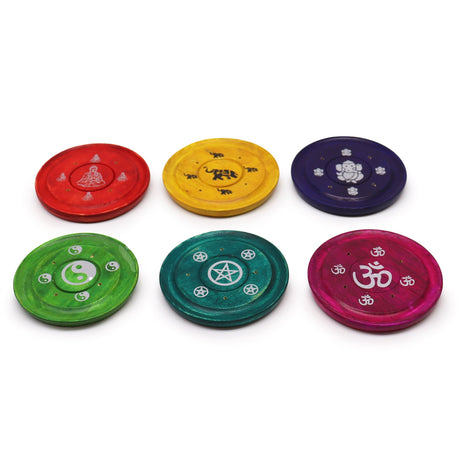



























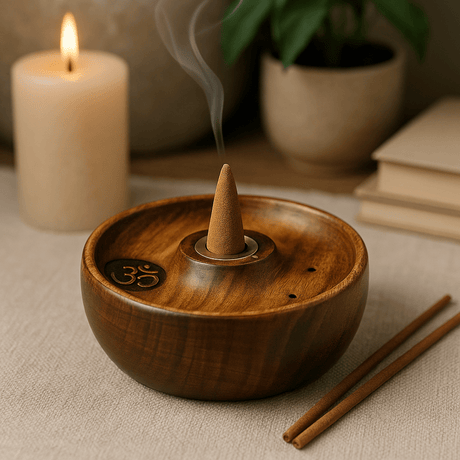
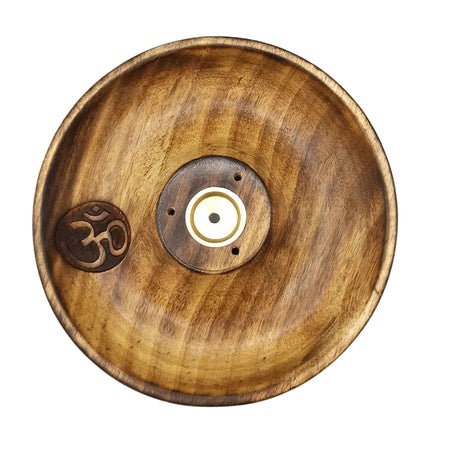




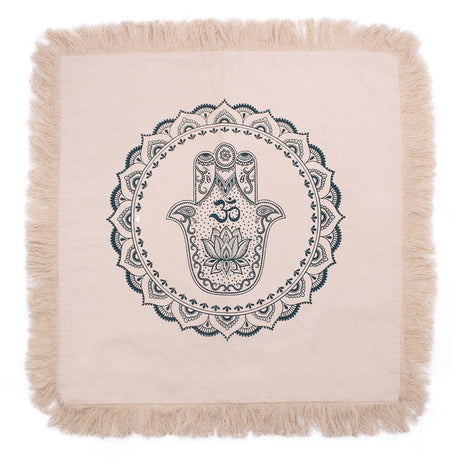
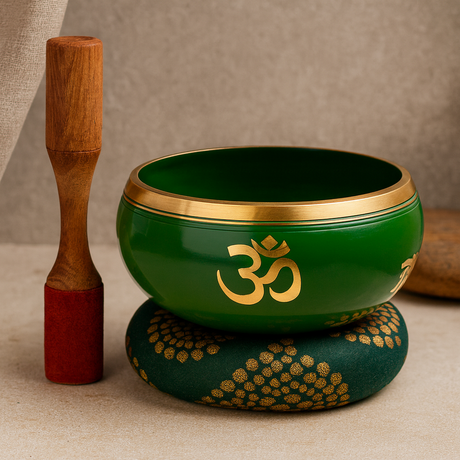
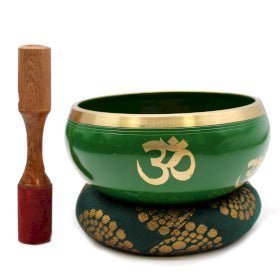




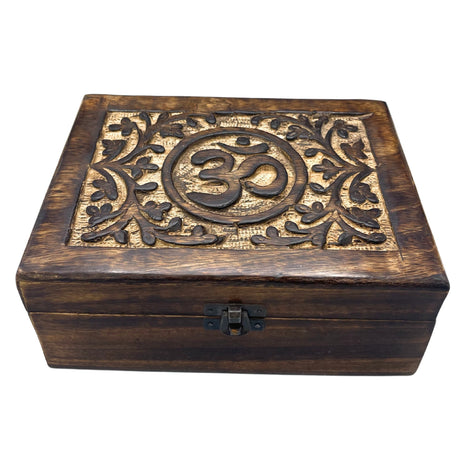
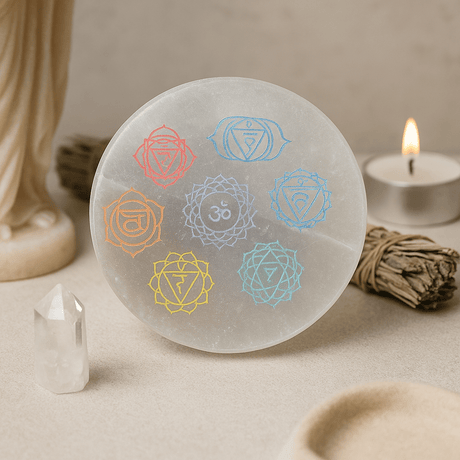
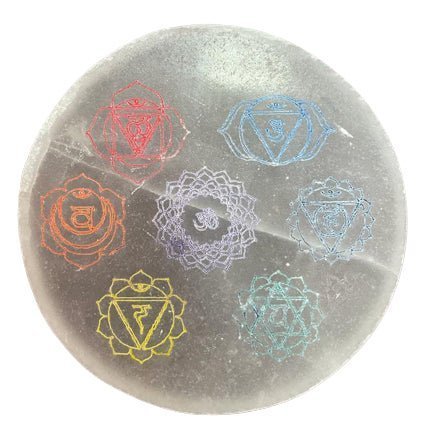

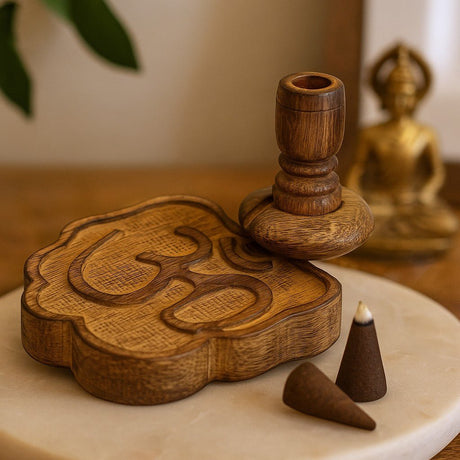
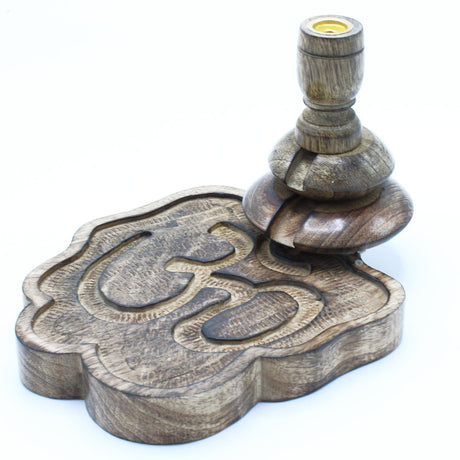

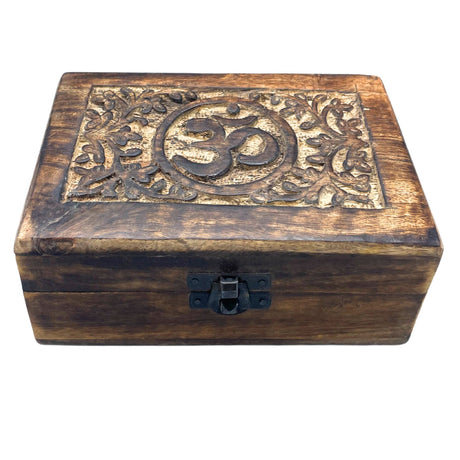


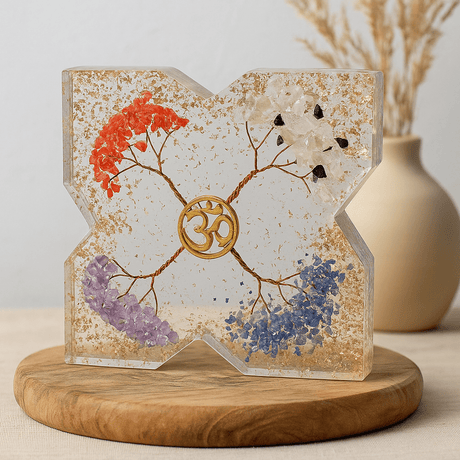
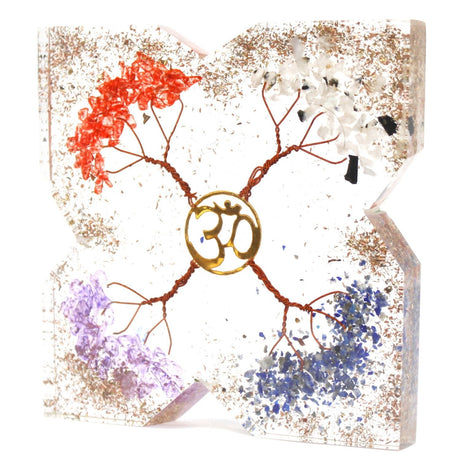



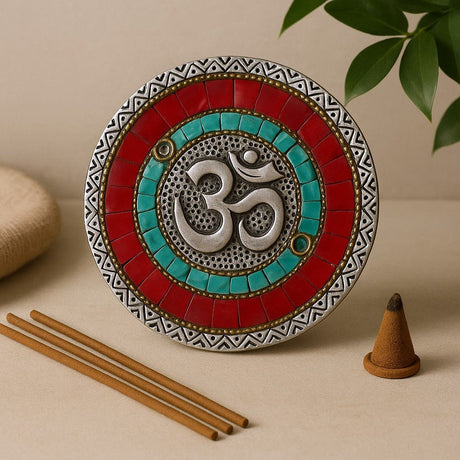
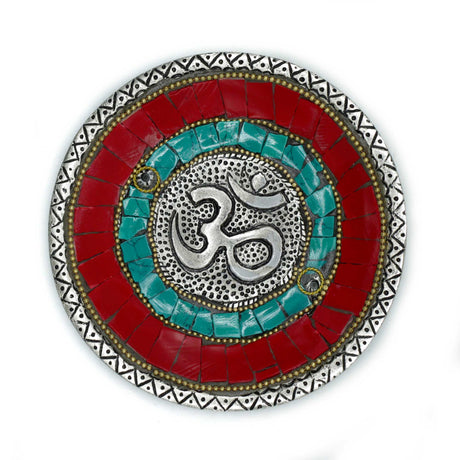


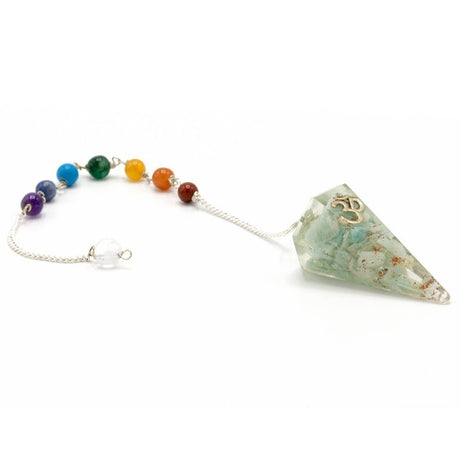







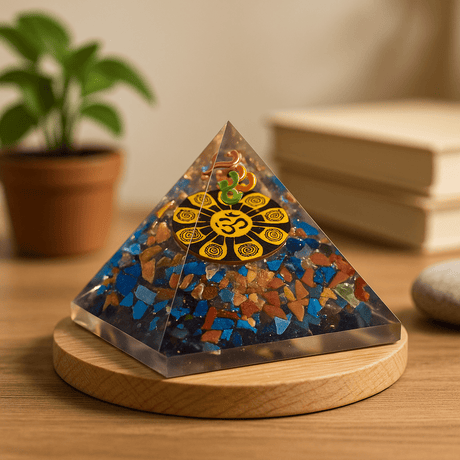
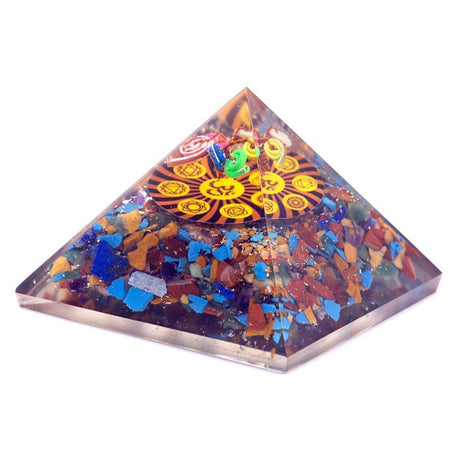











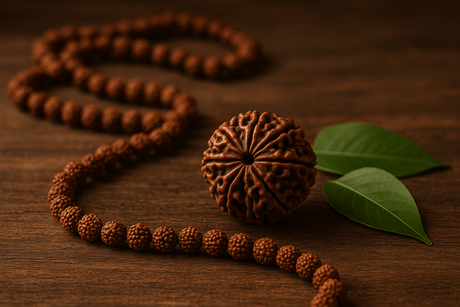



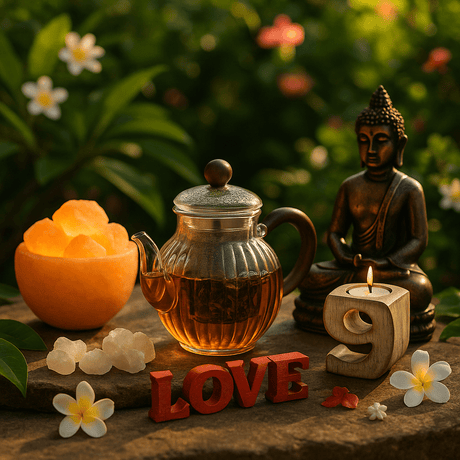
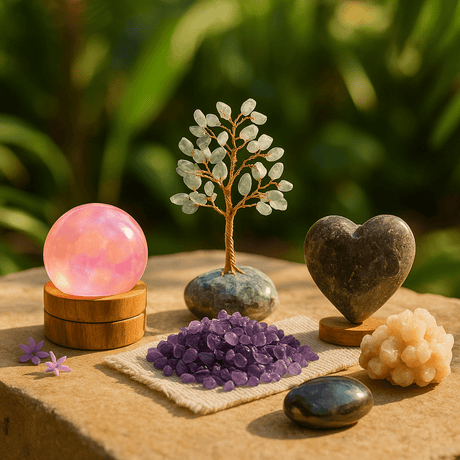

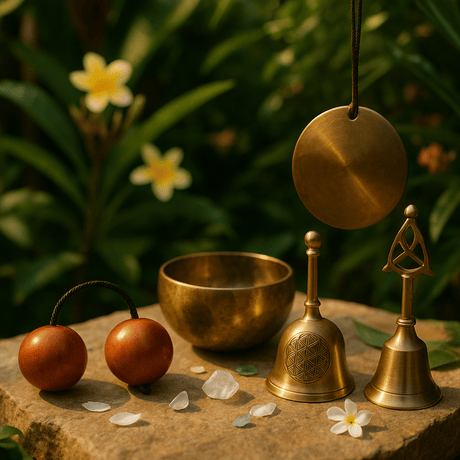


2 comments
Merhaba, oyunu Türkçe olarak satın almak istiyorum. Nereden bulabilirim. Teşekkürler
Hola, quisiera saber dónde puedo comprar este juego de mesa lila.
Gracias!